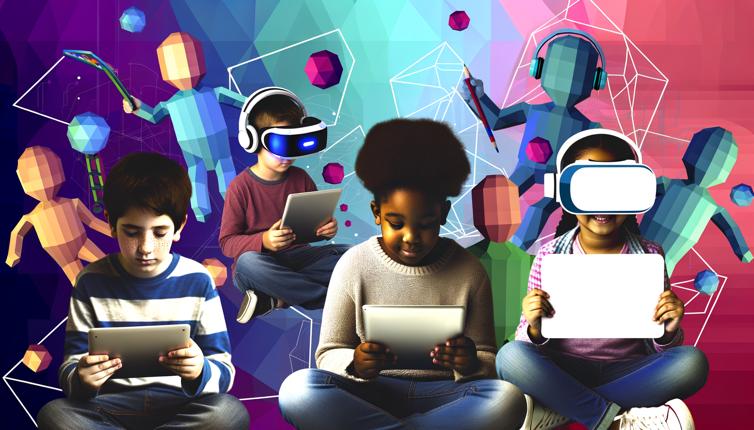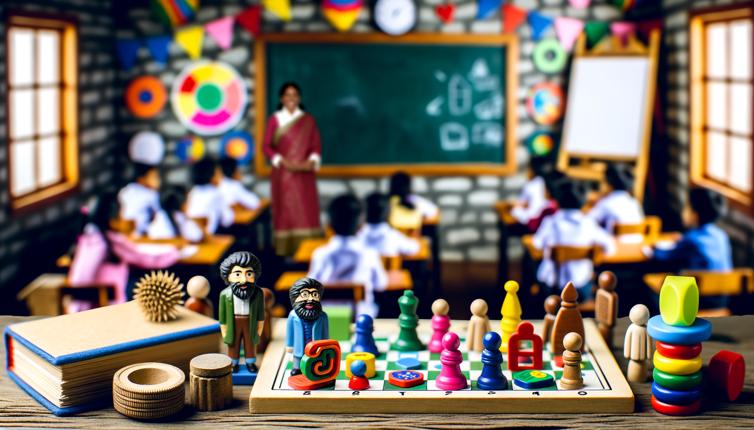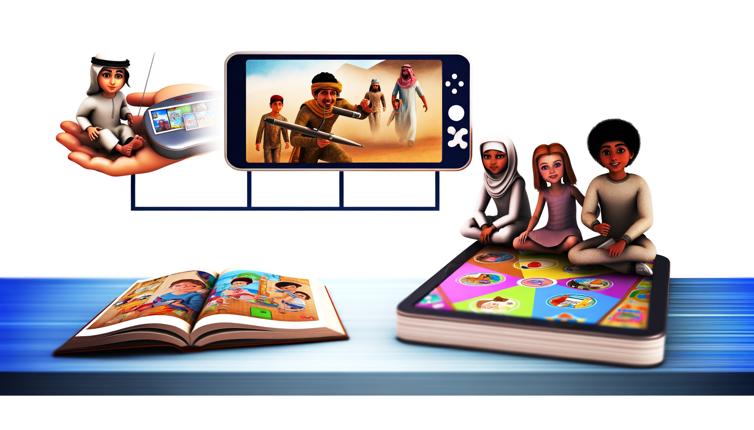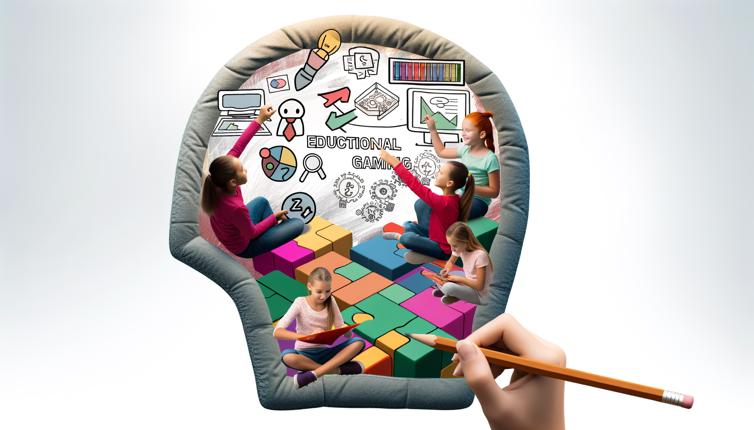Engaging and Interactive Learning
One of the key benefits of giving kids ownership of their educational journey through game selection is the ability to engage and interact with the learning material. Educational games are designed to be interactive and provide a hands-on approach to learning. By allowing children to choose the games that interest them, they are more likely to be engaged and actively participate in the learning process.,When children are engaged and actively involved in their learning, they are more likely to retain information and develop a deeper understanding of the subject matter. This active learning approach promotes critical thinking, problem-solving, and decision-making skills, which are essential for success in today's world.
Individualized Learning Experience
Every child learns differently, and what works for one may not work for another. By giving kids the power of choice, we enable them to personalize their learning experience. Educational games come in a wide variety of subjects and styles, allowing children to choose games that align with their interests, strengths, and learning preferences.,This individualized approach to learning not only caters to children's unique needs but also fosters a sense of autonomy and responsibility. When children have ownership over their educational journey, they develop a sense of empowerment and motivation to explore, learn, and grow.
Intrinsic Motivation and Joy of Learning
When children enjoy what they are learning, they are more motivated to continue learning and explore new concepts. By allowing kids to select educational games that align with their interests, we tap into their intrinsic motivation and make learning a fun and enjoyable experience.,Educational games are designed to be engaging, challenging, and rewarding. They often incorporate elements of gamification, such as achievements, levels, and rewards, which further enhance children's motivation to learn. By giving kids the power of choice, we ensure that they are invested in their own educational journey and find joy in the process of learning.
Conclusion
In conclusion, giving kids ownership of their educational journey through game selection has numerous benefits. From promoting engagement and interactive learning to providing an individualized learning experience and fostering intrinsic motivation, allowing children to choose educational games empowers them to take control of their own learning. By giving kids the power of choice, we not only enhance their educational experience but also instill a lifelong love for learning.









